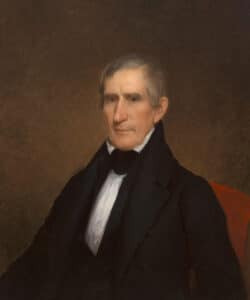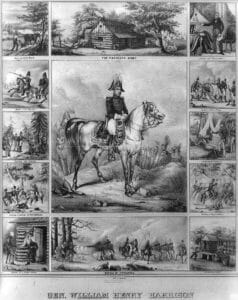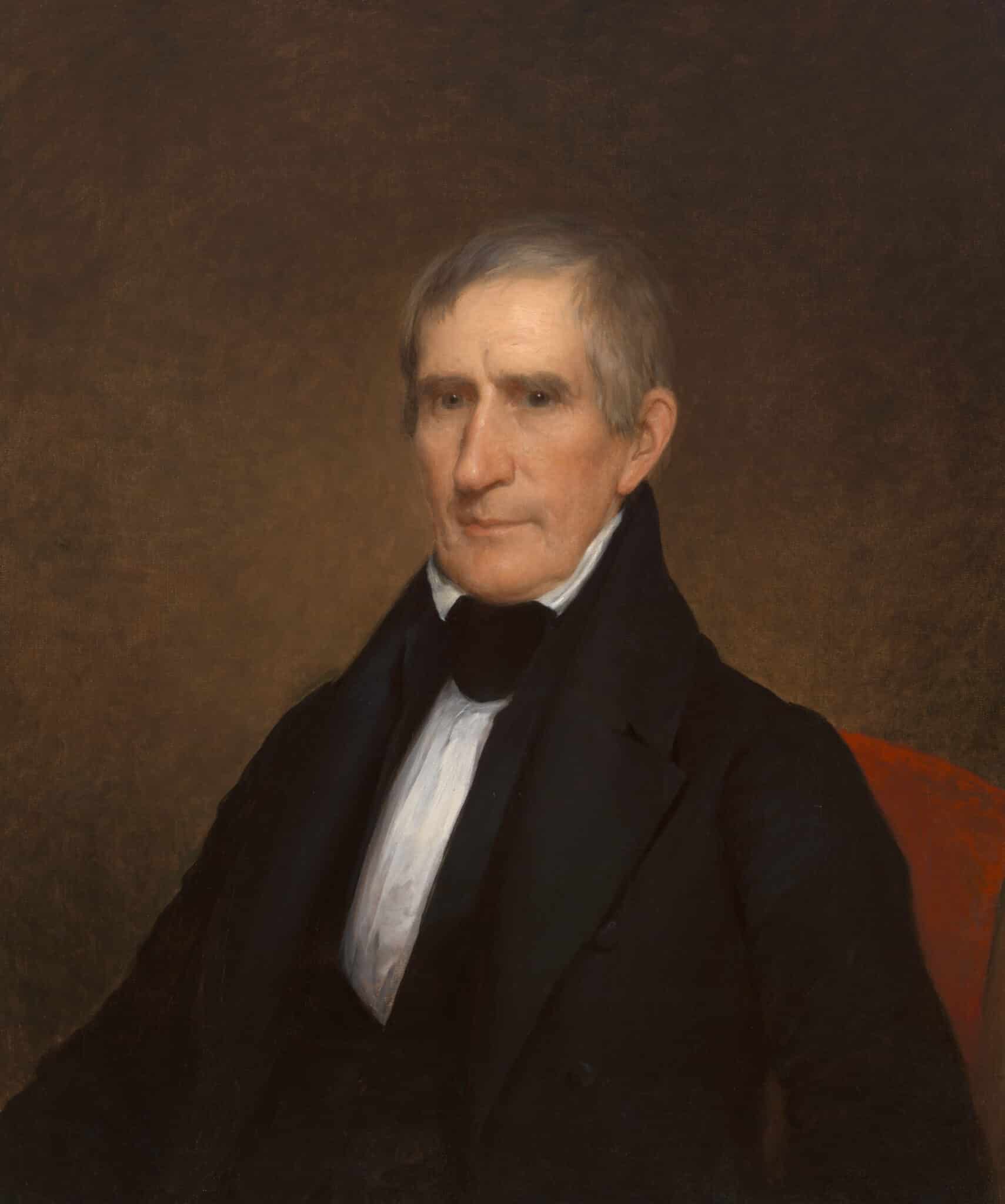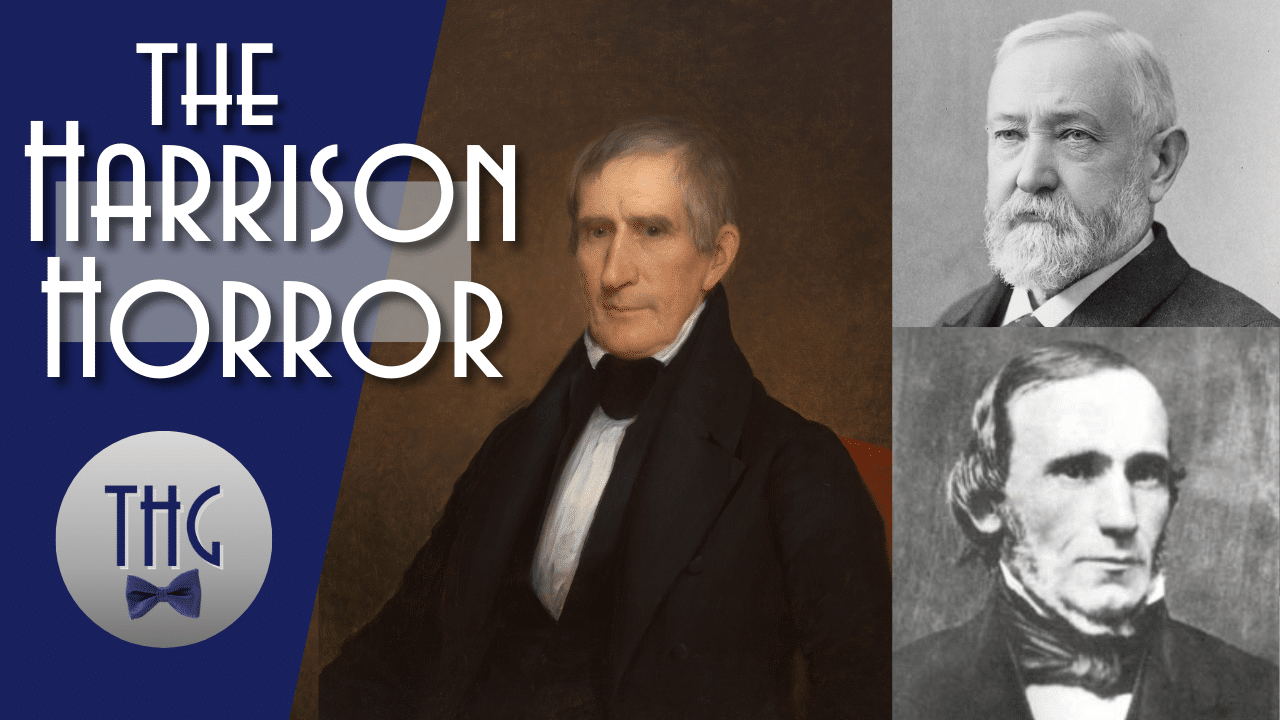Josh Reviews: Old Tippecanoe: William Henry Harrison and His Times by Freeman Cleaves
Thus, in many ways, begins the more difficult section of my journey to read a biography of every president. This is not just because WHH was president for only a month, but because he is the first of a series of presidents who have become lost to popular memory between Andrew Jackson and Abraham Lincoln. Mr. Cleaves here has managed something special, since this is by far the oldest biography I have yet read that is still widely considered to be definitive.

William Henry Harrison has not inspired a large nu mber of biographies, and his presidency leaves very little to talk about. This book, published in 1939, biographies Harrison’s life with an incredible attention to detail, showing us how the man rose to become the candidate that won a national election. Cleaves himself is not a prominent figure nor, really, an academic – he was a member of the editorial staff at the Financial World, and calls his historical works – he wrote several – an ‘avocation’. But his interest in Harrison feels very academic, and he manages an excellent biography, even if he has very little competition.
‘Old Tippecanoe’ definitely reads like a book that was first published in 1939. In some ways its age shows – Cleaves occasionally mentions in asides ‘modern’ things that are obviously somewhat dated. It also reads a little slow, and had some sections especially early in the book describing Harrison’s campaigns that would be more readable with less information. That said, this is still a very thorough story of a man who was remarkably forward thinking for being a western Governor in the 1820s. Though he had his political rivals, and was more of a politician than Jackson, he in some ways better represents the ‘down home frontier man’ than Jackson ever did. He was a capable soldier and an honest man, who as Cleaves describes comes off much more like the founding fathers than either his direct predecessor or Tyler.

I think importantly, when it comes to writing biographies, one must consider whether the character is important and interesting enough to write about. I don’t know that Harrison would qualify if he wasn’t elected president, but the story until his election is a very interesting tale (to the right audience) about life in the west, dealings with Native Americans, and the War of 1812. How this and his campaign (the first truly exhibiting the changes brought on in the elections since 1828, largely thanks to Martin Van Buren and Jackson) were successful IS important, I think, in understanding America at the time.
Cleaves takes the challenge head on, filling his story with details from records and drawing heavily on Harrison’s correspondence. He shies away from being critical, but does certainly cover Harrison’s critics while also providing evidence for his defense. There is no true biography about the man that is better – and Cleaves gives us a reasonable argument for why the man deserves more than a footnote in history.



